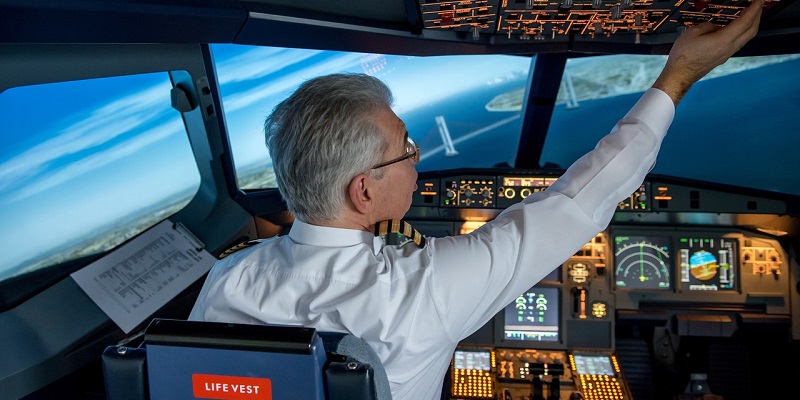In the realm of aviation, safety is of paramount importance. Researchers at the MIT Computer Science and Artificial Intelligence Laboratory (CSAIL) have developed the Air-Guardian system, a pioneering technology that acts as a proactive co-pilot. This system, rooted in understanding attention, aims to detect early signs of potential risks, rather than just intervening during safety breaches like traditional autopilot systems. With its potential applications spanning beyond aviation, Air-Guardian highlights the synergistic partnership between human expertise and machine learning.
Understanding Air-Guardian
The Air-Guardian system operates on the principle of cooperation between humans and machines. By analyzing attention markers, it identifies early indications of potential risks. Unlike conventional autopilots, which intervene only during critical situations, Air-Guardian establishes a continuous dialogue between pilots and the system, making it an active partner in ensuring flight safety.
Enhancing Safety
Traditional autopilot systems intervene when safety breaches occur. In contrast, Air-Guardian’s approach is preemptive and focused on detecting attention deviations early on. By analyzing attention markers, the system provides timely warnings, giving pilots the opportunity to rectify potential risks before they escalate.
Expanding Cooperative Control Mechanisms in Various Domains
The success of the Air-Guardian system paves the way for implementing cooperative control mechanisms in diverse applications, such as cars, drones, and a broad spectrum of robotics. By combining human expertise with machine learning, similar systems can serve as invaluable safety nets, enhancing performance and reducing errors in various dynamic environments.
Balancing Human-Machine Partnership
Air-Guardian is designed to be flexible, adapting to the demands of specific situations. This adaptability ensures a balanced partnership between human pilots and the system. By accommodating different scenarios, the system optimizes its assistance, thereby creating a harmonious collaboration between human decision-making and machine learning.
Cumulative Rewards and Efficient Pathfinding
The effectiveness of Air-Guardian is assessed based on two key metrics, cumulative rewards earned during flight and efficiency in reaching designated waypoints. By actively assisting pilots, the system contributes to both risk reduction and increased success rates in navigating to target points.
Visual Attention and Machine Analysis
Air-Guardian employs an optimization-based cooperative layer that utilizes visual attention from both humans and machines. To analyze incoming images, the system leverages liquid closed-form continuous-time neural networks (CfC), renowned for their ability to decipher cause-and-effect relationships. By integrating these powerful algorithms, Air-Guardian extracts vital information necessary for making informed decisions.
A Reliable Safety Net
Air-Guardian heralds a new age of safer skies by acting as a reliable safety net in moments when human attention wavers. It helps mitigate the risks associated with human error, ensuring a heightened level of safety and security throughout flights.
Synergy Between Human Expertise and Machine Learning
By introducing the Air-Guardian system, the objective of augmenting pilots in challenging scenarios and reducing operational errors is furthered. This highlights the immense synergy that exists between human expertise and machine learning. With continued advancements, this partnership holds the potential to revolutionize aviation safety.
The Air-Guardian system, developed by researchers at MIT CSAIL, is a groundbreaking solution for improving aviation safety. By focusing on attention markers and implementing cooperative control mechanisms between humans and machines, this proactive co-pilot system aims to detect risks early on and enhance pilot decision-making. With its adaptability, success metrics, and potential for wider applications, Air-Guardian highlights the potential of human-machine collaboration in making aviation and other industries safer and more efficient.

